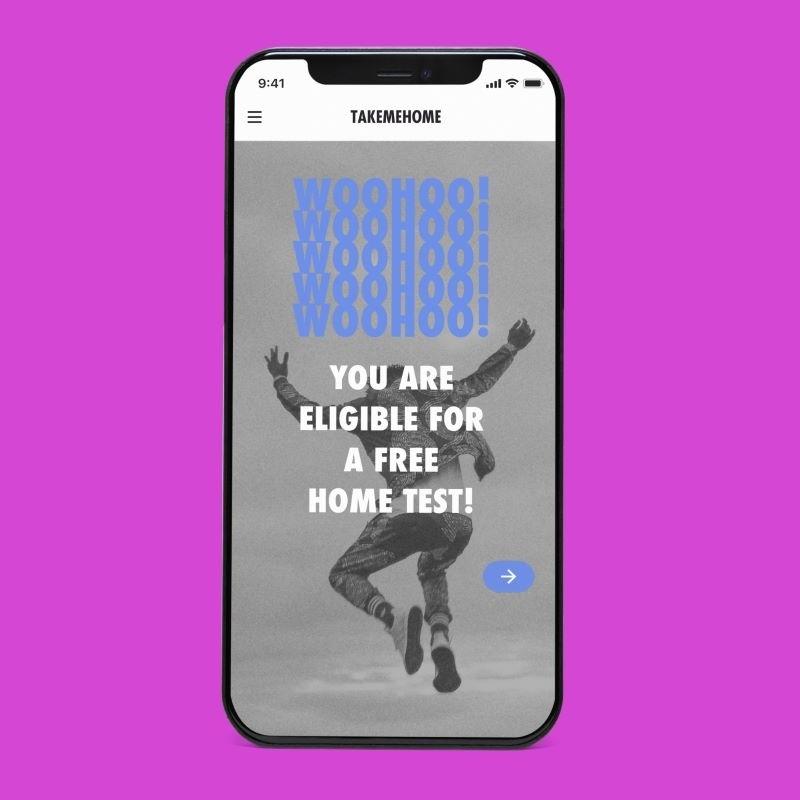An Emory University-led collaborative project has been awarded $8.3 million for the first of a five-year CDC award to implement Together TakeMeHome (TTMH), a national HIV self-testing program designed to increase awareness and diagnoses of HIV infections in the U.S.
HIV testing is a proven strategy for HIV prevention and a key first step in the continuum of care, yet still, too many people are unaware of their HIV status. TTMH addresses common barriers to testing, such as stigma, privacy concerns, cost and lack of access to HIV clinics by offering free HIV self-tests through mail delivery.

By early 2023, TTMH will begin distributing a free HIV self-test to people who enroll through its website. Orders will be mailed in discreet packages to all 50 states and Puerto Rico. Emory University will evaluate the program by assessing who used the tests, how many new diagnoses were made, and how many began HIV treatment or pre-exposure prophylaxis. The program will be monitored and evaluated with data from multiple sources, including order information, web traffic/referral tracking, surveys and qualitative interviews.
“HIV self-testing is a key innovation that supports the national goal to diagnose all people with HIV as early as possible,” said Robyn Neblett Fanfair, MD, MPH, and acting director of CDC’s Division of HIV Prevention. “Evidence demonstrates high demand for HIV-self tests — particularly among people who have never previously tested for HIV and populations that are not equitably reached by HIV testing, effective treatment and prevention tools.”
Following a successful pilot program in 2020-2021, this will be the largest nationwide mailed HIV self-testing program to date. Multiple studies have demonstrated the value of self-testing for increasing the frequency of HIV testing, identifying new diagnoses and reaching people who reported that they have never previously tested for HIV. Scaling up TTMH to one million tests can have a resounding impact on HIV prevention efforts in the U.S., but its success will rely heavily on collaborative efforts.
Several organizations will play crucial roles in the successful implementation of the program. Building Healthy Online Communities, which created the program, will lead outreach and engagement with participants. Signal Group will manage the technical aspects of TTMH, including the website and back-end development. NASTAD will lead public health and community engagement activities. As the sole manufacturer of FDA-approved HIV self-tests, OraSure Technologies will be responsible for the production and logistics of the HIV self-test kits, and the CDC’s Let’s Stop HIV Together campaign team will lead the marketing activities.
TTMH will be supported by CDC under award number 1NU62PS924790. The total amount of the award over five years is up to $41.5 million.

